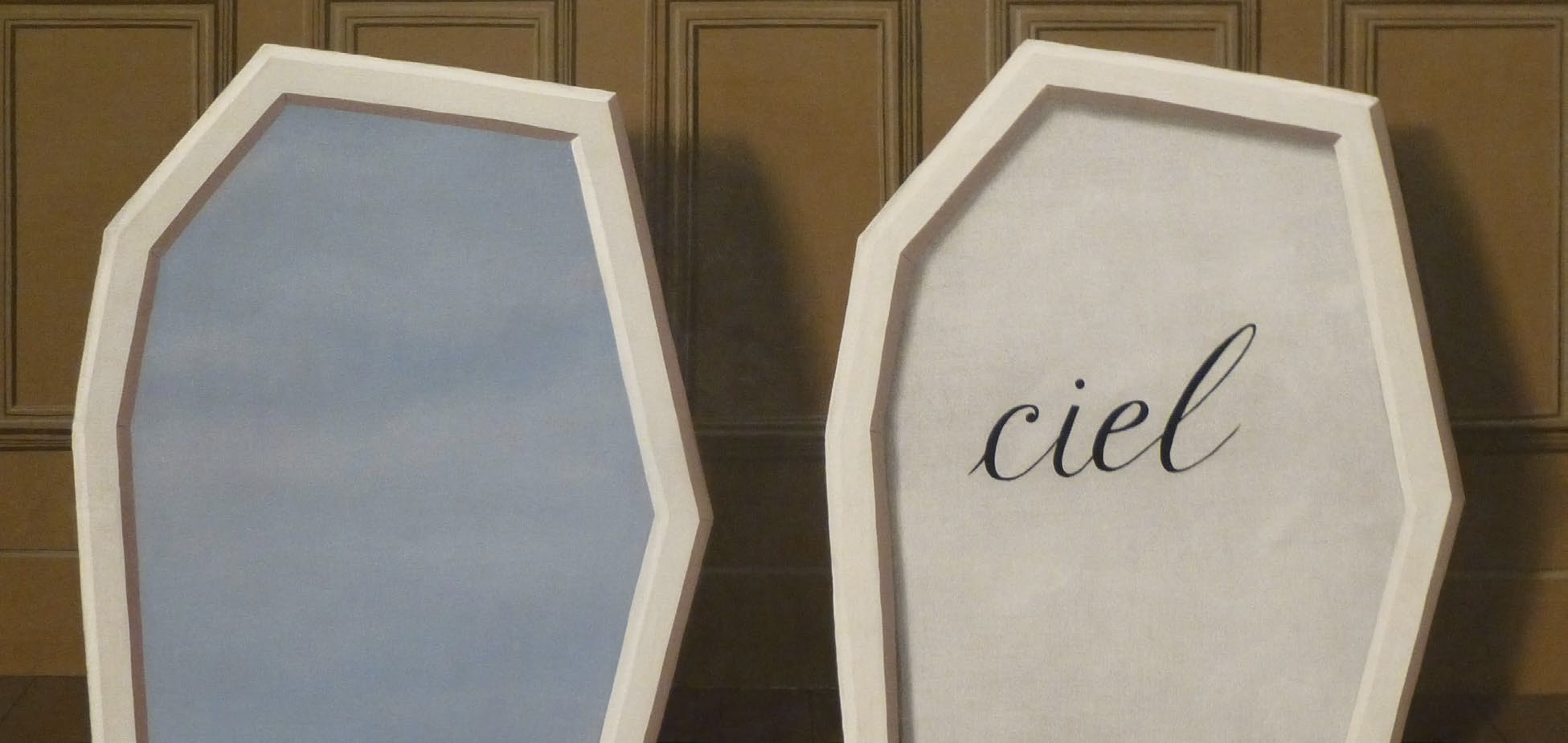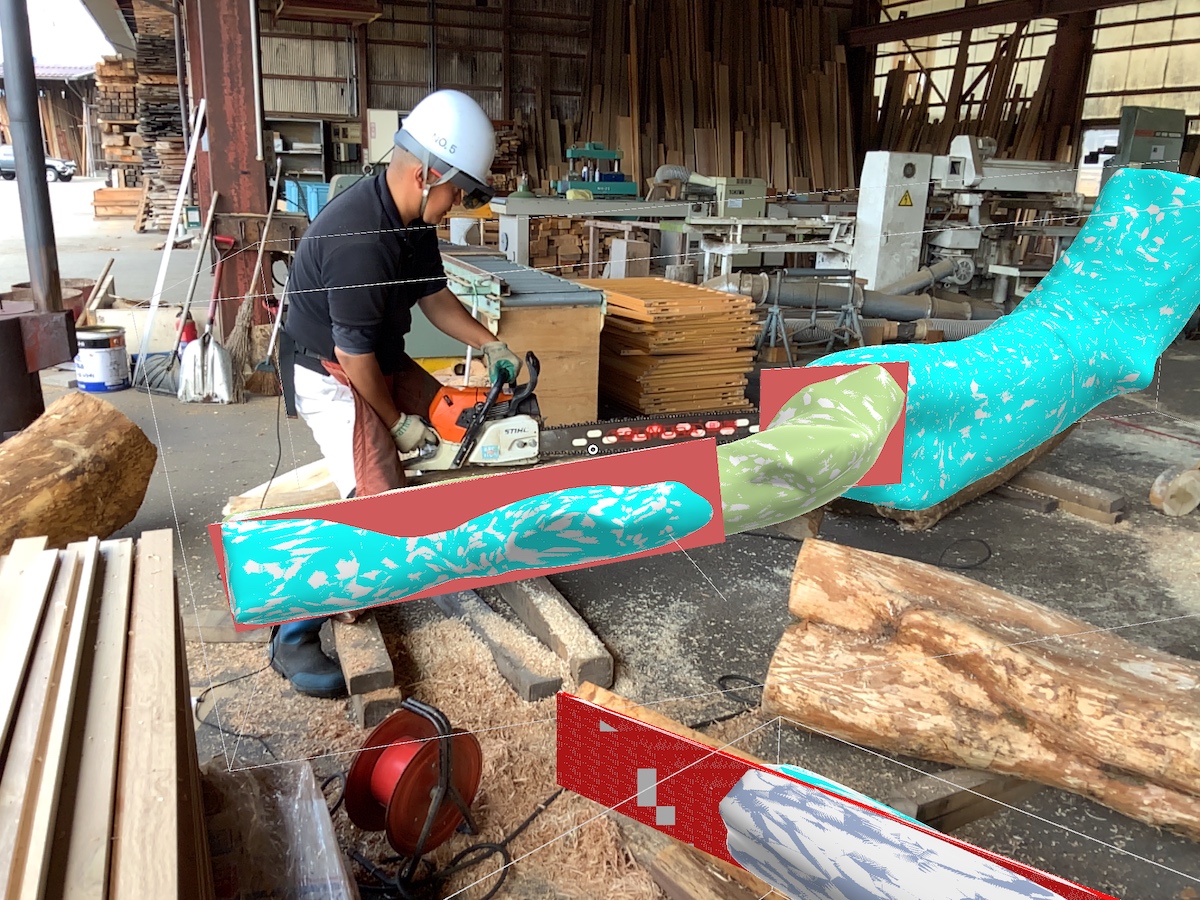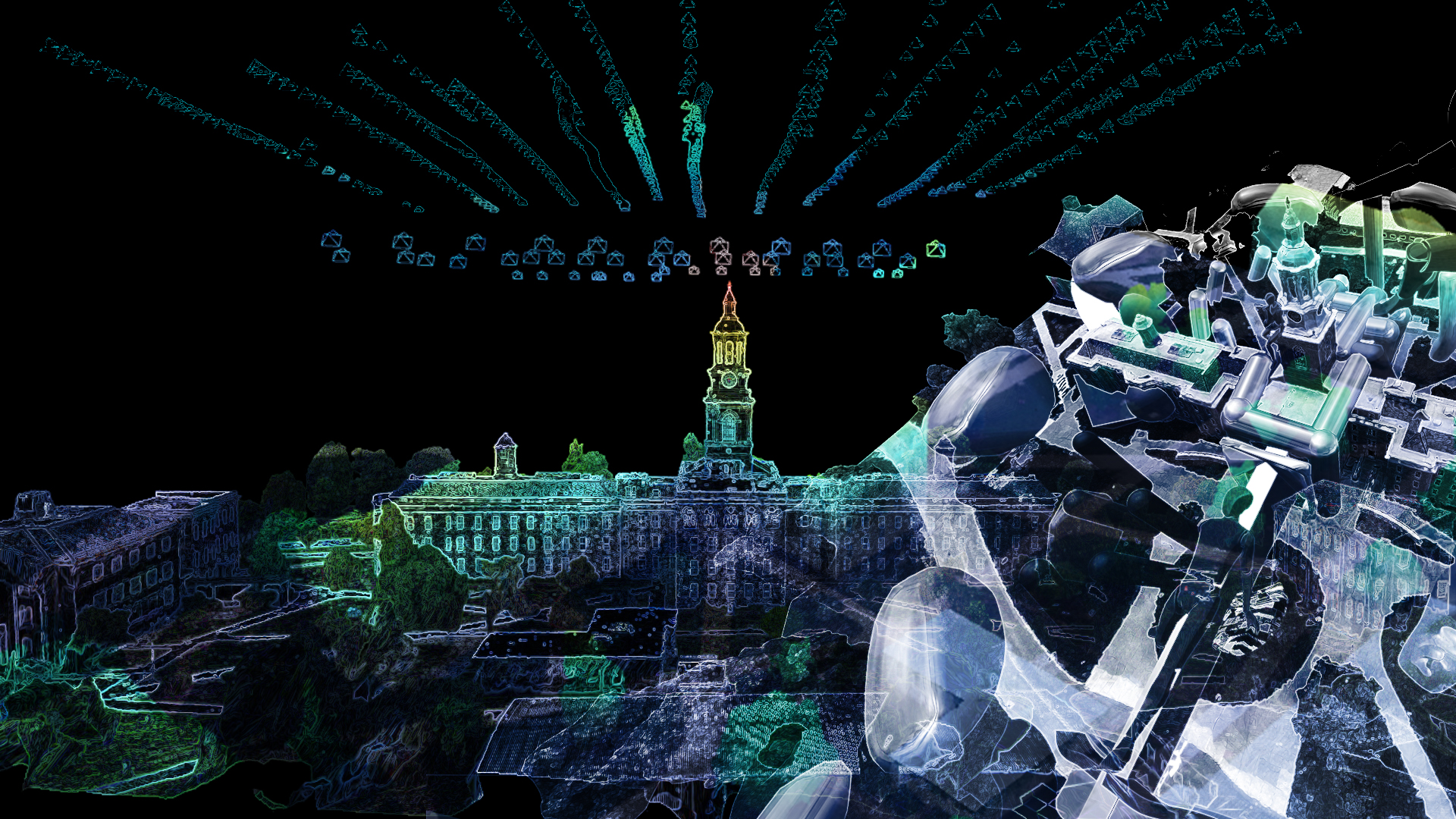Instructor: Nicholas Bruscia
ARC 606
Spring 2022
DESCRIPTION:
The Spring 2022 graduate research studio in Situated Technologies will investigate the relationship between culture and technology within the context of the rural village of Hida, Japan. While there is no substitute for travel, the studio will introduce mixed-reality technologies in a more first-person, albeit remote, educational and collaborative experience of a segment of Japan’s history, culture, and building craft. We’ll partner with Hidakuma/FabCafe Hida to directly engage with both the local history and industrial innovations known to the region, particularly the local expertise of traditional timber joinery, the unique wood compression technologies that have been developed to address the overabundance of post-war timber, and the LiDAR scanning and augmented fabrication techniques of naturally curved bentwood that occurs as smaller diameter trees grow along the mountain side and under heavy snow loads.
Extended Reality (XR) is an umbrella term incorporating virtual, augmented, and mixed-reality technologies. The use of XR in architecture and construction is rapidly gaining momentum in both academic and professional settings. The studio aims to expand the role of digital design techniques in architectural education by proposing that XR platforms are an extension of digital modeling proficiency and design thinking. Digital technologies have significantly reshaped the AEC industry, and XR presents a new educational paradigm as this area of expertise becomes more widespread and in demand. By engaging with this historically significant context, the studio proposes a reconsideration of what is meant by “situated” technologies. Anthropological theory enables a definition of culture as a set of communicative acts, and technology as consisting of not only the machines, devices, software, etc – but the relationships between instruments, people, and fields of knowledge. This will help frame our research and the intention of our work, as well as our recognition that informal technological knowledge has distinct epistemological characteristics.
While the studio will introduce a computationally driven design build methodology, our proposals will not be mere objects, but processes by which we can use digital technology to foster local engagement – a flexible framework that may help guide a new but culturally situated, community-driven project that virtually connects design and production between two locations on opposite sides of the world.





